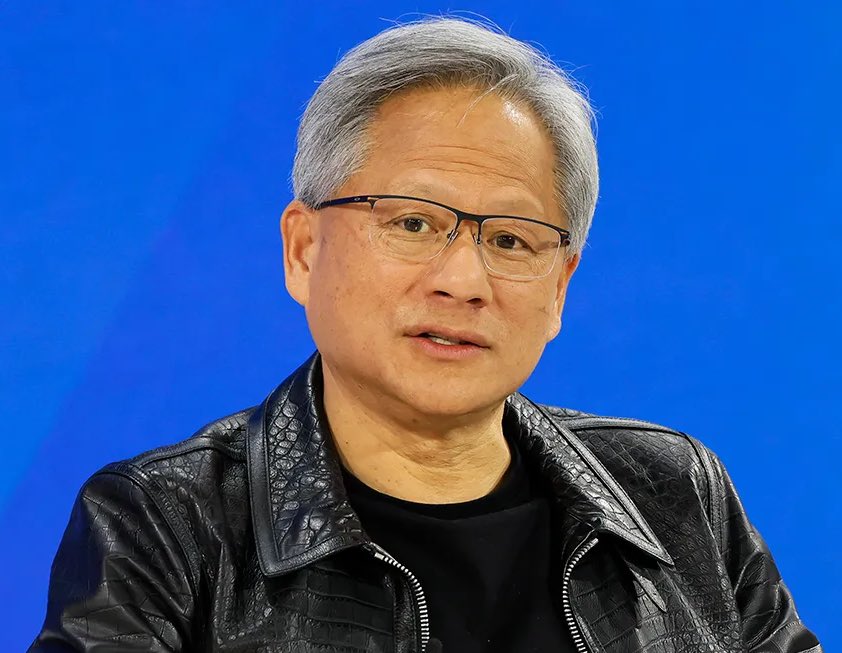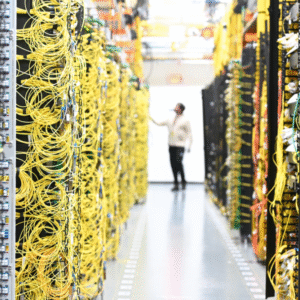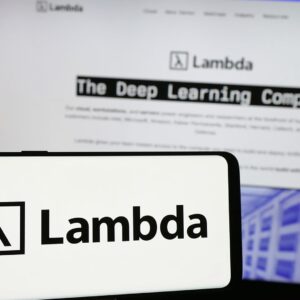Jensen Huang, the CEO of Nvidia, visited Beijing this month. His visit came during a time when U.S. rules are affecting the sale of Nvidia’s advanced AI chips to Chinese companies. This trip shows Nvidia’s interest in continuing to work with China’s tech sector while following U.S. government policies.
Huang’s visit included meetings with important people in China’s technology field. He met with representatives from Tsinghua University and officials from the Ministry of Industry and Information Technology (MIIT). He also spoke with leaders from major tech companies like Alibaba, Tencent, and Baidu.
Why Huang’s Visit Matters
The U.S. government has stopped American companies from sending some high-end AI chips to China. These chips, like Nvidia’s H100 and A100, are used for artificial intelligence systems. Because of these rules, Nvidia’s business in China has been affected.
In response, Nvidia created special versions of its chips like the H20 to meet U.S. export rules. However, even these newer chips are facing delays. Many Chinese companies are waiting for Nvidia products or looking at other options.
Huang’s visit seems to be part of Nvidia’s effort to understand the situation in China better. During his time in Beijing, he visited Tsinghua University, which is one of the top technical schools in the country. There, he spoke with students and staff and shared thoughts on the future of AI and chips.
What Happened During the Visit?
Jensen Huang did not attend a public event, but reports say he held private meetings with:
- Officials from MIIT, the government body that manages tech and industry in China
- Senior professors and AI experts at Tsinghua University
- Executives from major Chinese companies, including Alibaba Cloud and Baidu
According to local news, Huang shared that Nvidia wants to stay part of the Chinese tech world, even if there are limits on what it can sell. He said the company will follow all U.S. rules but still hopes to support AI progress in China.
Some photos from social media showed Huang talking to students, visiting labs, and touring company offices in Beijing.

What’s Next?
The future is still unclear. The U.S. may keep its rules in place for a long time. China is also trying to become more independent in chip-making.
Nvidia will likely continue building special versions of its chips for China, like the H20. Whether these chips will be approved and shipped soon is not certain. For now, Huang’s visit has helped keep communication open between Nvidia and its partners in China.
This visit is not just about chips — it’s also about keeping a working relationship, even during a difficult time.
External References
- Nvidia Official Newsroom
- Reuters – U.S. Curbs on AI Chip Exports to China
- BBC News – China’s Efforts to Boost Tech Independence










1 Comment